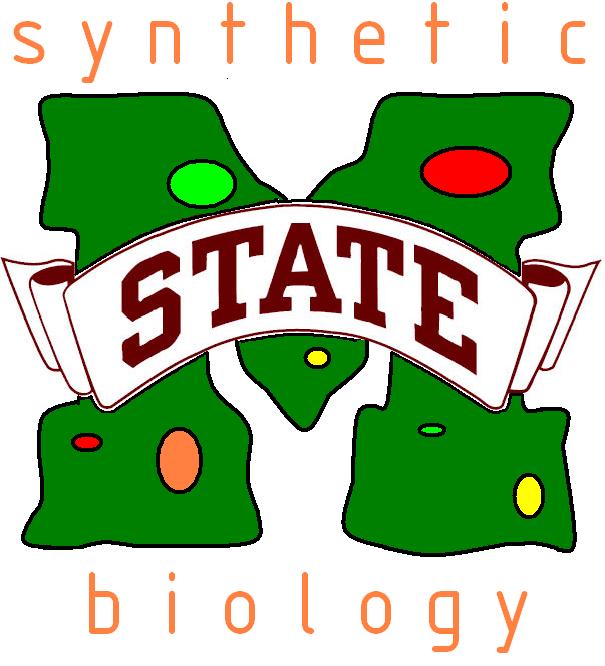Team:Mississippi State/Project
From 2008.igem.org
(→Overall project) |
|||
| Line 18: | Line 18: | ||
[[Image:MStateblob.JPG|300 px|center]] | [[Image:MStateblob.JPG|300 px|center]] | ||
| - | |||
| - | |||
| - | |||
| Line 29: | Line 26: | ||
== Project Details== | == Project Details== | ||
| + | *[[Team:Mississippi State/project description|In Depth Description of our Project]] | ||
We began work in May obtaining cDNA samples of Phanerochaete Chrysosporium. We initially worked with the Mississippi State University Forest Products Lab, but we could never get any PCR results. We contacted the University of Wisconsin Forest Products Lab (Jill Gaskell) and obtained samples of cDNA from PC (BKM strain and RP strain). We got no results from this either. At this point, we consulted Jill and she advised that we make our primers more specific for the noncoding regions of the gene. This worked and we obtained our gene (LipA). | We began work in May obtaining cDNA samples of Phanerochaete Chrysosporium. We initially worked with the Mississippi State University Forest Products Lab, but we could never get any PCR results. We contacted the University of Wisconsin Forest Products Lab (Jill Gaskell) and obtained samples of cDNA from PC (BKM strain and RP strain). We got no results from this either. At this point, we consulted Jill and she advised that we make our primers more specific for the noncoding regions of the gene. This worked and we obtained our gene (LipA). | ||
Revision as of 21:07, 27 October 2008
| Team | Project | Papers and Notebook |
Contents |
Overall project
Project Details
We began work in May obtaining cDNA samples of Phanerochaete Chrysosporium. We initially worked with the Mississippi State University Forest Products Lab, but we could never get any PCR results. We contacted the University of Wisconsin Forest Products Lab (Jill Gaskell) and obtained samples of cDNA from PC (BKM strain and RP strain). We got no results from this either. At this point, we consulted Jill and she advised that we make our primers more specific for the noncoding regions of the gene. This worked and we obtained our gene (LipA).
The Experiments
We were able to obtain a purified Lignin Peroxidase from PC by doing sequential PCRs of the non coding region and then the coding region. There was difficulty in cloning the gene into the plasmids we used, pGEM and pPIC6alpha. However, once we were able to clone the gene into pGEM, it was easily cloned into pPIC6alpha as well
 "
"

